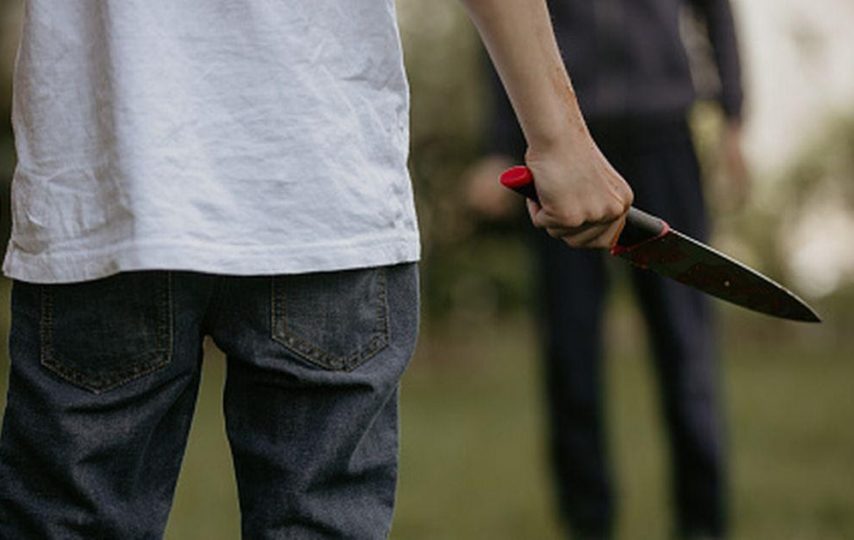Difference between Aiding and Abetting
Aiding and abetting are different from all the other crimes. They also have different elements to peruse.
- Aiding:
Aiding is a crime that provides one’s assistance to the criminal. To aid a crime means to draw a planning map for a criminal to attempt a crime. The presence of a planner is not required at the crime scene. - Abetting:
Abetting involves encouragement support to the criminal. In crime, abetting defines as consolation or advice to provoke the culprit to commit a crime.
Charges for Aiding and Abetting
In the United States laws varies in states. Aiding and abetting counts in a different term in California. The demonstration of aiding and abetting sums up in probable scenarios. For instance; your friend is intended to kill his landlord, and you aid him with a gun or any other lethal weapon to pursue his plan. Or either way, you invite him to commit the crime through your words.
Performing a criminal act contains the following accessory elements;
- To facilitate the criminal
- Encouragement to attempt the murder
- Aiding
- Inciting
In California, laws state aiding and abetting murder sentences as you killed someone by yourself, whether you helped the real criminal before or after committing the crime. It means you will pay the same charges and punishment as the real murderer is going to pay. The imprisonment depends on the intensity of the murder case. Your duration might be less than the criminal but you have to complete decades in the state prison.
However, accessory charges fall into two different degrees. In a misdemeanor, the punishment would be a year in county jail and a $1,000 fine. On the other hand, the serious accessory was charged as a felony with a $5,000 fine and three years in prison.
Necessity under Federal Court
However, after many investigations, you have to face the jury your case needs some requirements.
Following are the requirements to prove the case to minimize the skeptical situation;
- A crime must be committed
- Intentionally aid by the accuser
- The accuser had intentionally facilitated the criminal
- Involvement of accuser’s action before the crime commission
Aiding and Abetting Elements
There are three basic elements of aiding and abetting
- Enough evidence of commission crime
- Assisting the crime
- Awareness to the defendant about crime
Reasons to be Guilty
- Assistance in escape planning
- Protect the criminal from a police
- Providing financial support to the criminal
- Warns the criminal for raid
The charges will imply after when the court matches the elements with reasonable proves. If particular evidence appears which proves that the defendant had participated in the offense, the instruction for the requirements will not be given any further.
Chances of dropping the case
Following are the reasons when prosecutors think to drop the initial case;
- Not enough proves
Getting success in a criminal case is not easy. Every case needs strong evidence. If you are guilty of aiding and abetting prosecutors cannot convict, you until they find the proves. Once they have no proof even they are skeptical, the case will be dropped automatically. And charges will also be removed. - Resources matters
Many criminal cases are running in court on daily basis. Prosecutors will avail their resources on highly prioritized crime cases. If your case is not strong enough the prosecutors will not waste their limited resources on you. They drop the case and charges. - Previous records
If you have no criminal history. You come up clean and the case will not be taken. - Absence of witness
If there is no witness at the crime scene. The case holds no strong proof to keep it going. - Ceased according to the willingness
There is a space for negotiation. If you agree to help the prosecutor to find the suspect, they will make a deal and probably remove your offense charges.
Finding a way out?
If you are involved in aiding and abetting a case, the state may allow a withdrawal defense. It means if you are involved and you have informed the authorities to stop the crime before it happens. Although, it is difficult to make crime scenes stoppable due to the absence of clear evidence. However, if the authorities find proof, it would be easy to save the victim. In some jurisdictions they allow the crime to happen and cease it right on the spot.
Furthermore, after confessing your aid, you may receive threats about reporting the incomplete crime. Your efforts may release you from the charges and the government will take legal actions against the criminal. In addition, you are not guilty if your presence at the crime scene is accidental.
Additionally, if the crime has been attempted and you were there to help the culprit, you may need the defense attorney. The laws will not protect you from prosecution.













